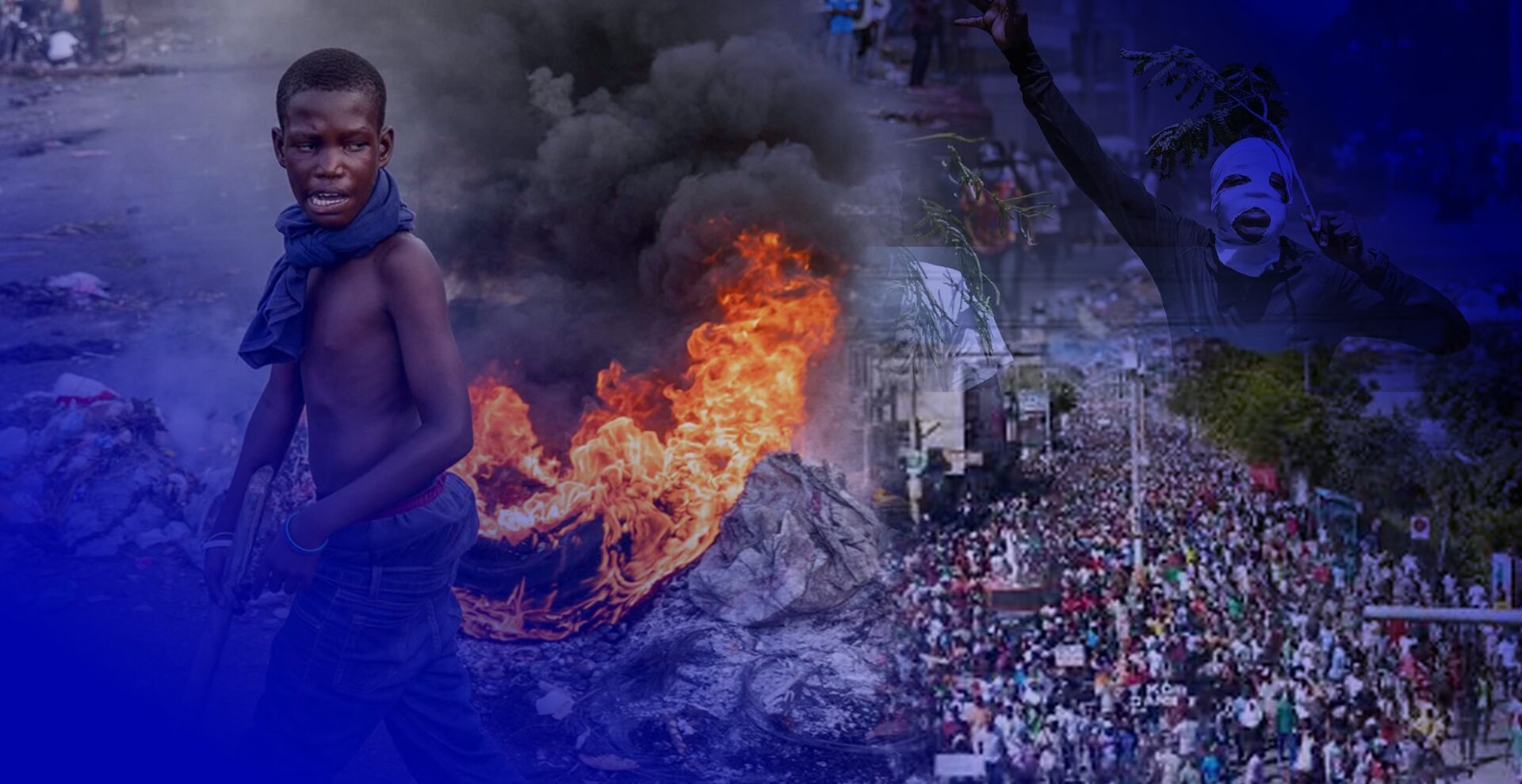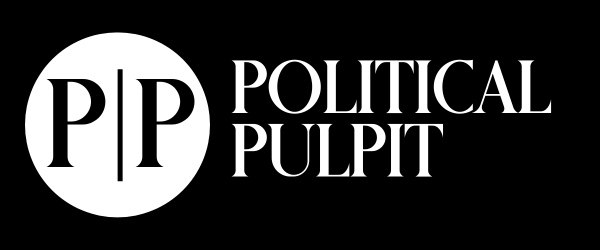Since Haiti won its independence in 1804, the formerly enslaved nation has been justifiably averse to any international interference in its governance. This de facto zero-sum policy has proved to be somewhat disastrous for the Caribbean nation, who has shared the island of Hispaniola with the Dominican Republic since colonial times.
The ongoing crises in the country are best summed up by the words of former Ghanaian president Kwame Nkrumah, “We prefer self-government with danger to servitude in tranquility.” These are dangerous times, indeed, for Haiti and its people, and the country is teetering on the edge of full-fledged anarchy.
The capital city, Port au Prince, has been under siege for weeks now, with travel and commerce thwarted by gangs who have taken over the city’s main port and the international airport. Scores of Haitians have been killed, with many innocents caught in the crossfire, as the national police have been rendered nearly useless by fierce, well-armed gangs.
The United States has evacuated all “non-essential” employees, while sending in Marines to protect those still on site. Unfortunately for other Americans, including several missionaries who run orphanages throughout the country, there has been no effort by our government to evacuate the U.S. citizens who remain.
Roads are blocked in and out of the city, so for the many displaced by violence, there is no way out.
It is incumbent upon our government to protect Americans while abroad, which is one of the many functions of any embassy, but calls to the U.S. Embassy in Haiti are going unanswered. There is currently no concerted effort in place to help those who wish to flee the country, and since the capital is under gang rule, there is no way for people to help themselves, even if they so desire.
To say that the current state of governance, (or lack thereof), is untenable would be a colossal understatement. The Haitian police have been unable to prevent looting, kidnapping, and murders, and the relief force of police that Kenya had been planning to send to assist the Haitian government, has been put on hold for the time being. With the recent PM Ariel Henry’s resignation, there is little hope that the Kenyan relief force will arrive any time soon.
Meanwhile, amongst the number of Americans wishing to evacuate, most are still there for philanthropic purposes, as the country has been under a strict travel advisory from our State Department.
The country has been in a death spiral of uncertainty and massive unrest since the assassination of Henry’s predecessor, Jovenel Moise. In the interim, the needs of the Haitian people have been subsidized by numerous charities and church organizations, who have helped to artificially prop up the failed state, and now find themselves trapped by their good intentions.
The State Department has now pledged to pour $300 million dollars in the “multinational” effort of securing the country, led by Kenya, but the Kenyan government has only confirmed they are in the “pre-deployment” stage.
Secretary of State, Antony Blinken, led a council in Jamaica to appoint new leadership to the country, in an effort to stabilize the region, but according to a worldwide threat assessment by the Office of the Director of National Intelligence, “gangs will be more likely to violently resist a foreign national force deployment to Haiti because they perceive it to be a shared threat to their control and operations.”
Every day the threats on the ground, looming over the security of the country, remain strong and grow more prevalent and more violent. Sadly, the ones who suffer the most will be helped the least, which has been the unfortunate story of the Western Hemisphere’s poorest nation since its inception.



